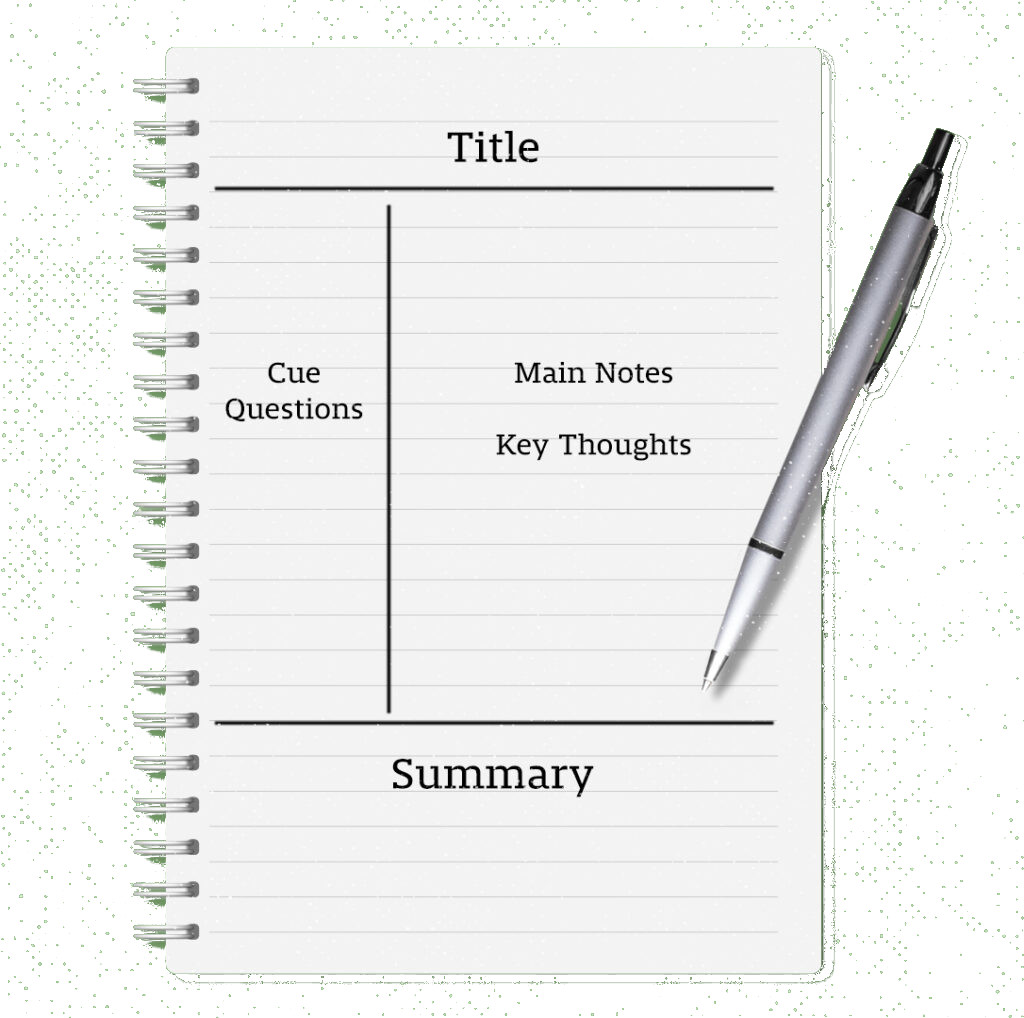9 Tips to Make Learning Easier and More Efficient

Time, time, time, we all need more time. Learning new things can be challenging. Whether you’re studying for a big test or just trying to learn something new, it often takes a lot of time and effort. It’s important to one’s development to learn new knowledge and skills. If you can figure out how to learn more quickly and efficiently, you can either spend the saved time doing something else or use it to raise your level of expertise even higher. Life is too short to be wasting time unnecessarily. All learning strategies are just starting points. Each person has their own unique, best way of learning. Experimentation is important. Just as it takes time to find the best diet for your unique body, it can take time to find the best learning strategies for your unique brain. There are some strategies that can make learning easier and more efficient. From breaking down large tasks into smaller ones to using visualisation techniques, here are 8 tips to help you learn more efficiently.
- Repeated Effort: Repeated effort is often the best use of your effort. Most things are better learned in smaller chunks of time. For example, it’s far easier and more effective to prepare for a foreign language vocabulary test by reviewing the words for 5 minutes a few times each day than to study for 2 hours on the day of the test.
- Memorisation and Understanding: Maximising your memory requires practice. You only get better at memorising things by doing exactly that, memorising things. Work on your memorisation skills each day. Even if you have to create a list of ten words and see how well you can re-create the list from memory, you’ll be practising.: Understanding can be just as important as memorisation. Memorisation can be essential but understanding can limit the amount of memorisation that needs to be done. Look for the connection between different ideas. Seek to understand what you’re learning.
- Use Mnemonic Devices To Remember Information: Mnemonic devices are useful tricks used by many people when they want to remember something quickly without having to spend too much time studying or doing research. These devices use easy-to-remember words, phrases, or images in order to help jog your memory when needed later on down the line. For example, if you’re trying to remember all the necessary features of living organisms: Movement, Respiration, Sensitivity, Growth, Reproduction, Excretion and Nutrition, remember MRS GREN.
- Utilise Visualisation Techniques: Using visualisation techniques can help you better understand concepts that may seem abstract or hard to grasp at first glance. Visualising ideas can also help you remember key points or facts more easily than if you were just reading them off of a page or trying to memorise them in your head alone. Try creating diagrams or flowcharts that illustrate different concepts and ideas; this will help break down complex topics into simpler forms that are easier for your mind to process.
- Use multiple sources: Different books, people, and other sources present information in different ways. Each perspective can give you a greater level of understanding. This is also a great tactic to use if you’re confused about something.
- Working with others: This idea works better for some people than others. It’s not unlike the previous tip. Working in a group setting can give you another perspective. It can also be a means to get your questions answered
- Create your own notes: Reading a textbook is helpful. Using someone else’s notes can be helpful, too. But nothing is more helpful than your own, unique set of notes. List the most important information and concepts. Create notes when you read a book that has the information you want to learn. If you’re taking a class, rewrite your notes afterwards. If you borrow someone else’s notes, rewrite those, too. Customise your notes so they work for you and accommodate how you think.
- Take regular breaks: Experiment with yourself and see what works best. Studies show that very short periods of time are best for memorisation. For learning other things, 30-60 minutes is about the maximum before a break is essential. Our brains need time to rest in order for us to effectively retain information so it’s crucial that we take regular breaks during our study sessions. Taking short breaks gives our minds a chance to restore their energy levels and helps us stay focused on the task at hand. This also prevents burnout from setting in as well as giving us an opportunity to reflect on what we have learned so far.
- Stay Positive & Believe In Yourself: It’s also essential that we keep positive attitudes throughout our learning process – believing in yourself is key! If you don’t think positively about something then chances are that it’s going be more challenging for you to learn it since negative thoughts tend to get in the way of progress and understanding new concepts or ideas better than positive ones do! So don’t forget to stay motivated and believe in yourself – even when times get tough!
Concluding Thoughts
Everything can be done better and faster. Learning is no different. Learning new things doesn’t have be difficult. Make the best use of your time by learning intelligently. There are simple strategies out there which make learning easier and more efficient such as taking breaks during study sessions, visualising concepts with diagrams or flowcharts, using mnemonic devices for quick recall of information, breaking down bigger tasks into smaller ones, and staying positive while believing in yourself throughout the learning process! By following these strategies closely while studying any subject matter we should find ourselves building up knowledge much more quickly than before! Be sure to experiment when applying learning strategies. You’re an individual with unique characteristics. Cookie-cutter advice is rarely going to be the perfect option when it comes to learning.
So, which of these 9 tips do you think will help you the most? Let us know in the comments below!







Responses